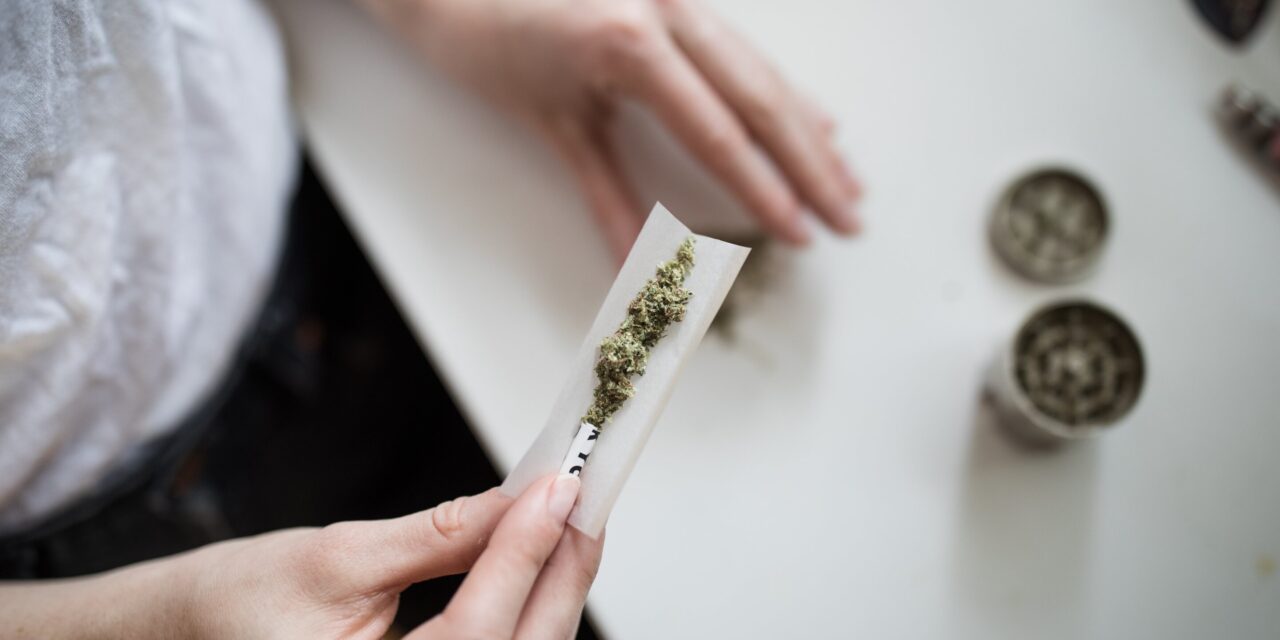KELOWNA & KAMLOOPS, BC – Medically supervised cannabis use may help individuals recovering from substance use disorders manage challenging symptoms and potentially improve their retention in treatment programs, according to a new pilot study. The research, a collaboration between the University of British Columbia Okanagan (UBCO) and Thompson Rivers University (TRU), examined experiences at a residential recovery center in the BC interior.
Published in the Journal of Studies on Alcohol and Drugs, the study focused on patient and staff experiences with medical cannabis at Maverick Supportive Recovery, a facility providing structured, live-in treatment. Participants in the study reported that using medical cannabis helped them cope with key symptoms often hindering recovery, including pain, anxiety, depression, and sleep disturbances.
“Our findings suggest medical cannabis could play a meaningful role in reducing cravings and improving retention in recovery programs,” stated Dr. Zach Walsh, a psychology professor at UBCO and co-lead researcher on the study. “Participants clearly indicated benefits in managing both physical and psychological challenges during recovery.”
Beyond symptom management, patients also reported that medical cannabis helped reduce their cravings for opioids and other harmful substances. Improvements in pain management, overall mental health, and sleep quality were also noted benefits.
However, the research highlighted a significant hurdle: the stigma surrounding cannabis use. Interviews with staff at the recovery center revealed that skepticism and misunderstandings about cannabis as a legitimate medical treatment persist. This points to a need for better education and integration strategies.
“Reducing stigma through targeted education for program staff is critical,” commented Dr. Florriann Fehr, a nursing professor at TRU and the study’s co-lead researcher. “Staff skepticism often comes from misunderstandings about cannabis as a legitimate medical treatment, highlighting a clear opportunity for improvement in recovery support.”
The researchers emphasize that while these initial results are encouraging, the study’s small scale means further investigation is crucial. Larger-scale studies are needed to rigorously evaluate the potential benefits and risks of incorporating medically supervised cannabis into standard care for substance use disorders in residential recovery settings.
Disclaimer: This article reports on findings from a preliminary pilot study. The results suggest potential benefits but require further investigation through larger studies. Medical cannabis should only be used under the guidance and supervision of qualified healthcare professionals. This information is not intended as medical advice or an endorsement of cannabis for substance use disorder treatment outside of a regulated medical context.












